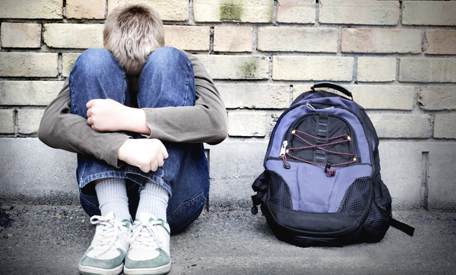Bullying and Suicide Unveiling the Link

The Invisible Scars: Suicide
Bullying, a pervasive issue in schools, involves repeated aggressive behavior intended to harm or control another person. It manifests in various forms, including physical, verbal, social, and cyberbullying. Statistics indicate a concerning prevalence of bullying in schools, with a significant proportion of students reporting victimization.
The psychological effects of bullying on students are profound and multifaceted. Short-term consequences include anxiety, depression, low self-esteem, and difficulty concentrating in school. Long-term effects may include an increased risk of mental health problems such as post-traumatic stress disorder (PTSD), substance abuse, and suicidal ideation.
Research has established a clear connection between bullying and suicidal ideation or completed suicides among affected individuals. Victims of bullying are more likely to experience thoughts of self-harm, make suicide attempts, or complete suicide. This heightened risk stems from the chronic stress, isolation, and hopelessness often associated with bullying.

Preventing bullying and its devastating consequences requires a multifaceted approach. Schools play a crucial role in creating a safe and supportive environment, implementing anti-bullying policies, and providing training for staff and students on bullying prevention. Parents and educators must remain vigilant, monitoring for signs of bullying and intervening promptly to prevent further harm.
Victims of bullying and their families should seek professional help from mental health providers who specialize in trauma-informed care. Therapy can help individuals process the emotional impact of bullying, develop coping mechanisms, and build resilience. Support groups and online resources can also provide invaluable support and connection to others who have experienced similar challenges.
Raising awareness about the link between bullying and suicide is essential for breaking down stigma and encouraging help-seeking behavior. By understanding the profound impact of bullying on mental health, we can take proactive steps to create a society where all children feel safe and supported.
Remember, you are not alone. If you or someone you know is struggling with bullying, reach out for help.

